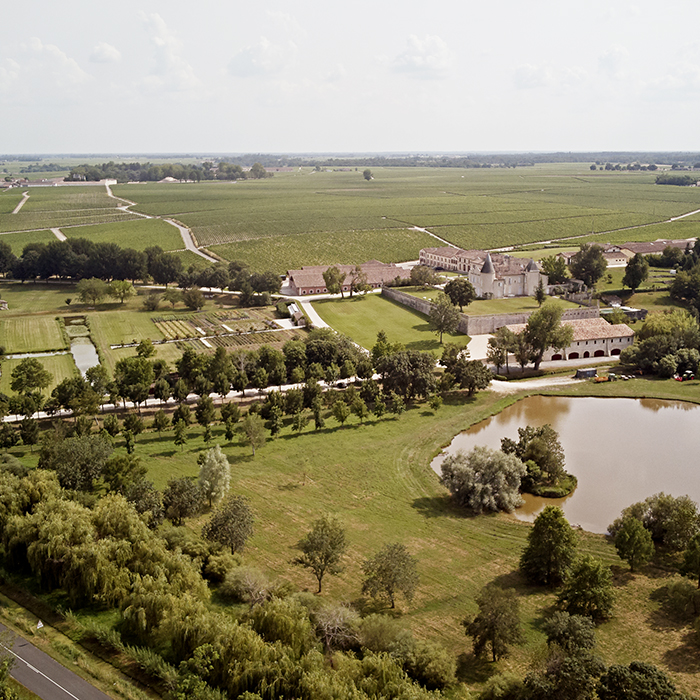Bordeaux 2019: the taste test
Author: Mark Pardoe MW

Every year, over a period of a few weeks, we send the largest number of tasters of any wine merchant to Bordeaux to assess the new vintage. We have Masters of Wine, experts and those with many years of experience tasting young Bordeaux in our team, as well as younger members – but everyone’s view is important and all are represented in our final scores and assessments.
We make that investment because the best way to taste and understand each wine is in situ. You need points of comparison, a picture of each commune to emerge, and the opportunity to analyse and ask questions to understand each wine. And you need the person there who knows the wine best, the winemaker, to taste with you so that you can be certain that what you are tasting is properly representative. Young wine is a fragile commodity. The preparation of the sample, exposure to varying temperatures and the age of the sample can all give a misleading impression. Tasting on the spot is the only way to get a true picture of the wine and the vintage, and to be able to make recommendations confidently. Receiving and tasting samples remotely is an unsatisfactory shortcut.
Yet this year, this is the only option we have, so we will collate samples from 50 or so of our most favoured châteaux and make arrangements to taste them securely and socially distanced at our Basingstoke office. All the tasters will arrive independently in their own transport and taste in isolation. There will be a minimum of three bottles of each wine, allowing a number of people to taste the wines over three days, and the results to be subsequently combined. In this way we can, at least, secure a breadth of opinion as we usually do. We will back up these tastings with video conversations with the winemakers where possible and, under the circumstances, this will get us as close as we can to our usual level of analysis.
Some other key châteaux will only make single bottles available, or make bottles available at different times to others. When that is the case, the wine will be tasted and assessed first by me and then, only if possible and separately, by our Bordeaux Buyer and Managing Director of Fine Wine, Max Lalondrelle. Under these circumstances, the note will be assigned specifically to the individual, so that it is clear that the wine has not been tasted by a full panel. To further recognise the situation, we may not assign any scores to the wines this year but, in this way, we will be able to make recommendations with a justifiable level of confidence.
To the burning questions: can you trust our recommendations, and should you buy Bordeaux 2019? In some ways, the answer to both is reputational: of Berry Bros. & Rudd, of each château and of the vintage. If we are not sufficiently confident, we will not compromise 300 years of propriety, but we also have faith in the owners and winemakers with whom we have worked for so many years. For the vintage, all the signs are there to be confident of a fine year; a warm summer, healthy fruit and key moments in the vine cycle passing without incident. The full picture is in our March update. The first wines we have tasted have been glorious.
There is an understanding in Bordeaux that prices need to be down on 2018, but the level of decrease will depend on the success of the early releases. In the world in which we currently live, blatant commercialism would be unsavoury and inappropriate – but let’s just say that, in Bordeaux 2019, there will be some very good wines indeed and there is a good chance that prices will be attractive.
Follow the releases as they happen on bbr.com



This is such a helpful and useful article. Thank you very much.